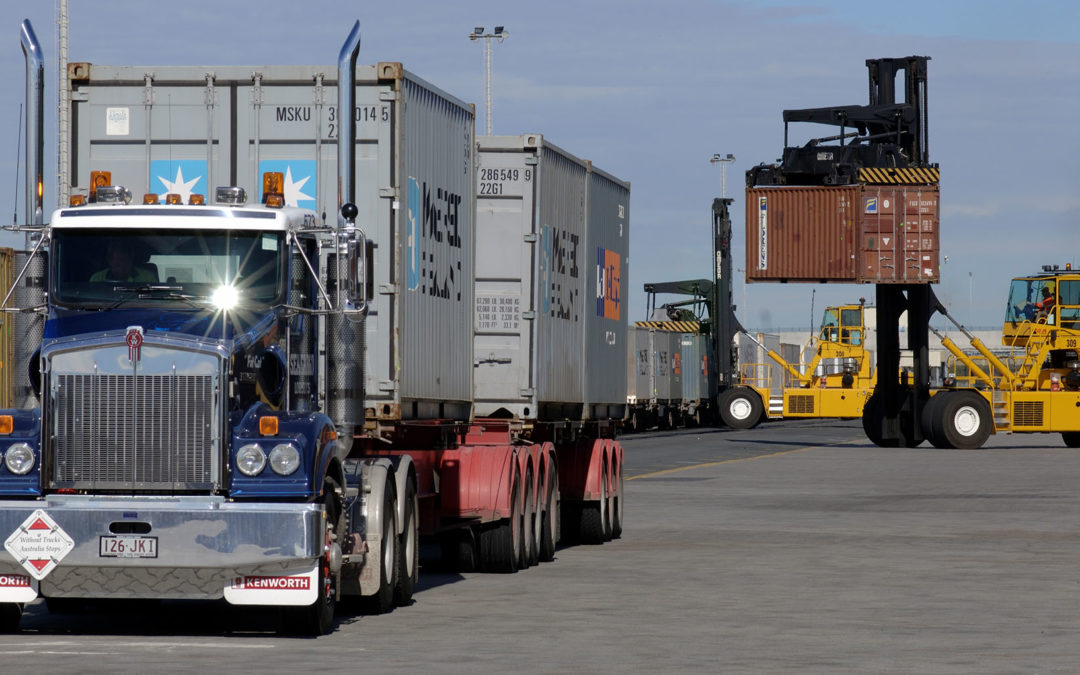THE Premiers of Queensland and Western Australia and the Chief Minister of the Northern Territory recently agreed to join a new Strategic Partnership to inform the development and implementation of Australia’s first Northern Australia White Paper.
Northern Australia is broadly defined as the parts of Australia north of the Tropic of Capricorn, spanning Western Australia, Northern Territory and Queensland; an area of approximately three million square kilometres with a population of around one million people.
The White Paper will set out a clear, well-defined and timely policy platform for promoting the development of Northern Australia with a view to more investment, infrastructure, jobs and services, , including a plan for implementing these policies over the next two, five, 10 and 20 years..
The White Paper will provide pathways to harness opportunities which capitalise on the region’s strengths, including ways to advance trade, cultural and investment links with the Asia Pacific region, and to provide the best regulatory and economic environment for business. It will also identify the critical infrastructure needed to support the long-term growth of the region, ways to incentivise public and private planning and investment while tackling impediments to growth.
The Strategic Partnership will be supported by an Advisory Group made up of business, community and Indigenous leaders of the north. This group will meet for the first time in the coming months.
A Parliamentary Joint Select Committee on Northern Australia has also been formed, chaired by the Hon Warren Entsch MP, which is making a valuable contribution to the Government’s agenda for the north. This Committee will commence community consultation next month and report to Parliament in July.
Aligning with the focus of the White Paper on Developing Northern Australia, the QTLC is engaging with government to highlight the importance of increasing access along the Inland Freight Corridor to deliver productivity and safety benefits for the movement of livestock, agricultural commodities and general freight between South East and Far North Queensland.
The government will produce a White Paper on Developing Northern Australia within 12 months. More information regarding the White Paper can be found at http://northernaustralia.dpmc.gov.au/.


